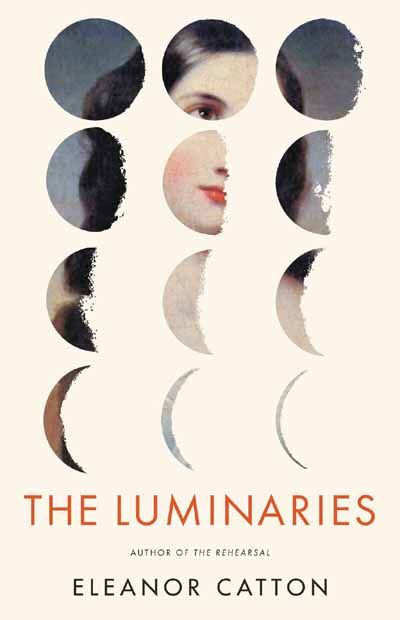“Thirst” reveals a side of London not often seen. A Siberian woman named Alena is caught attempting to shoplift a pair of shoes by the store’s security man Dave. The reason why she tries to commit this act of robbery isn’t what you’d immediately expect. Dave forgives Alena despite the trouble it causes him with his superior. Seeing that Alena is in a distressed position he goes even further and allows her to stay in his small apartment until she can get back on her feet. What follows is an unlikely bond between two people who have experienced a lot of hardship in their lives.
Accounts of Alena and Dave’s personal histories slip in between sections of the present-day narrative. This is handled so delicately it’s like one hand sliding over another revealing the layers of their lives. It also creates tension in the story as both of them have emerged from very bad situations and it makes you constantly wonder how they get to the point where they find each other. They create a strange sort of domestic bliss together, but when Alena’s past imposes itself upon the present they are abruptly torn apart and it’s only through a massive leap of faith on Dave’s part that they might find one another again. This is a love story. It’s one which is made up of two characters who have endured strife and disappointment, but need to find the courage to open up to one another for a chance at harmony.
It’s a known tale: an immigrant comes to a “developed” country and finds everything isn’t as rosy as the way they imagined it. Where this book departs is the pernicious way that Alena turns from the oppressed to the oppressor – or, at least, an instrument used to foster oppression. This produces a dark and twisted psychology. It shows the complex layers of a hidden underbelly of society that feeds on abuse, fear and secrecy. It’s only through a tremendous act of will that Alena is able to break free. She’s extremely vulnerable being lost in the giant organism of London and it’s only through chance that she meets with an act of kindness from Dave. A querulous outsider might view such an instant bond as unbelievable, but Hudson eloquently explains Dave’s reasoning like this: “He’d admit it, he was reckless. Blind to the danger of letting a strange stranger have everything of him. And though it was her ripe, warm beauty that had made it hard for him to think around her at first, it was all the rest that was the hook that snagged in his insides, never to be pulled out.” There can be something about a person which catches you and makes you take a chance on something you’d normally back away from.
There is more here than the romantic heart. What this novel is really about is the distance between ourselves and strangers – particularly in large cities and when travelling. What’s the right amount of empathy to show to strangers? Surely you can’t walk around with an open heart to everyone in need. You’d never get across the city. Never get to work on time. But if you walk around with a stony gaze you begin to feel inhuman, jaded, disconnected. Likewise this novel shows our own desperation for kindness when out of our element. Dave embarks on a long journey to an extremely remote part of Siberia where the smallest gesture of kindness can seem like a life raft. Of course, this book doesn’t offer a solution to this question of distance. How can there be one? But it does point out the reverberating effects of both large and small bits of kindness. Moreover it shows the way regret can pile up in the backs of our minds – haunted by instances where we wanted to reach out and didn’t. Hudson acknowledges that: “it is hard to live with the knowledge of certain things, let alone a knowledge that allowed you to imagine you could have done something to change things, to help someone you love.” “Thirst” reveals the best and the worst of humanity. It shows the way the world perpetually opens and closes to us and that there is an endless stream of possibilities. Whether you choose to only smile or hold out your hand or walk on by: opportunity goes both ways and there is always the potential of a connection.
I also loved Hudson's first novel which I wrote about at the end of last year here. She's one of the most creative literary voices in the UK right now. But, given Hudson's earlier title, I was hoping this new novel would be named something more elaborate like "The Thirsty Siberian Who Stole My Shoes, Ate All My IceCream & Barely Had Change for a Fiver." However, the brevity of her chosen title suits the subject matter perfectly.






















